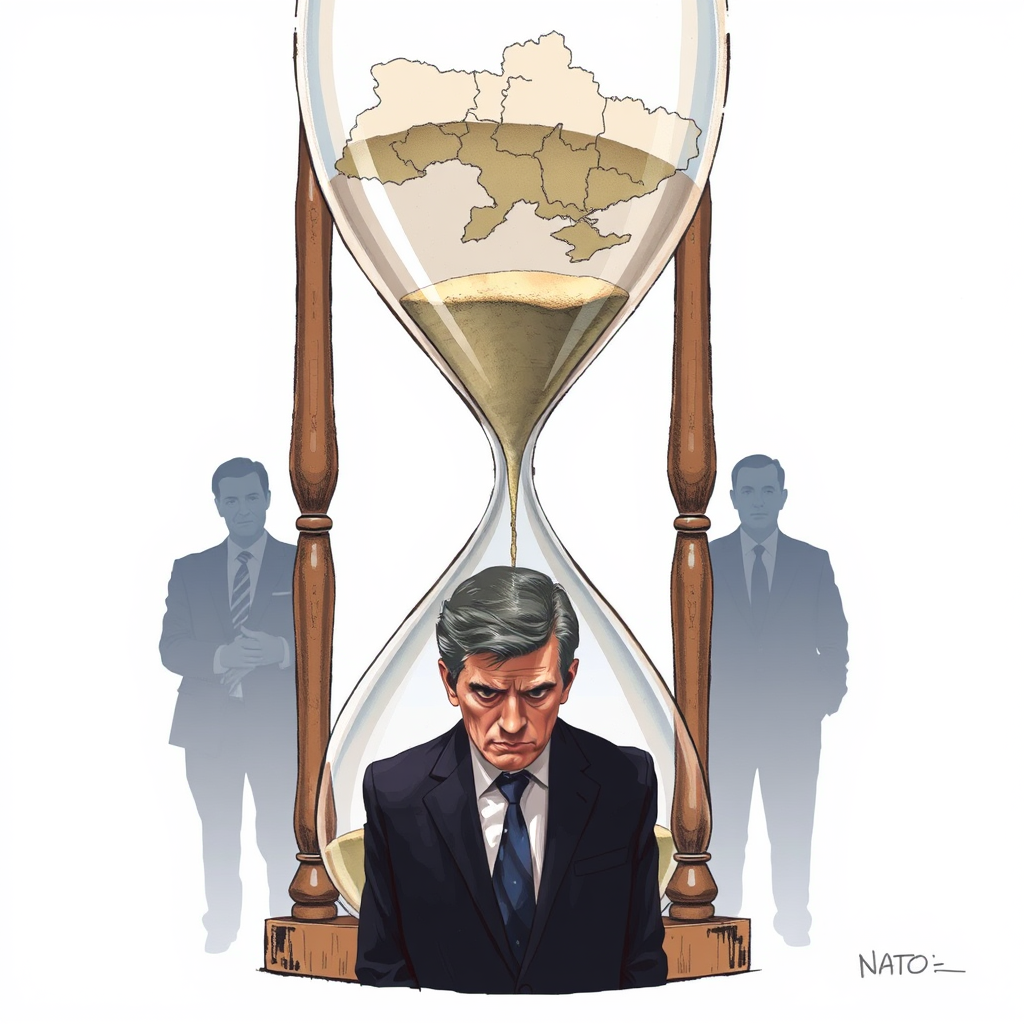Rubio Warns Russia: US Patience Running Out

Washington is signaling growing impatience with the stalled peace negotiations between Russia and Ukraine, with Senator Marco Rubio delivering a stark warning that Moscow’s time to demonstrate genuine commitment is running short. Following meetings with NATO ministers in Brussels, Rubio expressed frustration Friday, stating a determination within weeks, not months, of whether Russia is truly seeking a resolution or merely using talks as a delaying tactic to pursue military gains.
The US stance reflects mounting concerns that Russian President Vladimir Putin is attempting to leverage negotiations while continuing to advance objectives on the battlefield. Rubio hinted at the possibility of further sanctions should progress remain elusive, according to reports in the New York Times.
The core issues dividing both sides remain substantial. Russia is demanding recognition of its annexation of Crimea and four other Ukrainian regions, alongside guarantees Ukraine will never join NATO. Ukrainian President Volodymyr Zelenskyy, however, insists on complete Russian withdrawal, the return of prisoners and abducted children, and robust security guarantees from Western nations. This impasse is fueling anxieties among European leaders, who fear a potential shift in US policy should Donald Trump return to the presidency and prioritize Putin’s demands. They are actively pushing for strengthened protections for Ukraine.
Beyond the direct negotiations, the discussion has expanded to include NATO’s future military spending. Rubio initially urged alliance members to increase defense budgets to 5% of GDP, exceeding even US levels. He later tempered this call, suggesting a trajectory towards that goal. This push underscores a broader effort to bolster NATO’s presence in the region and demonstrate resolve.
An unexpected complication has emerged with Trump’s renewed interest in acquiring Greenland. His suggestion that the territory become part of the United States has drawn sharp condemnation from Danish Foreign Minister Lars Lokke Rasmussen, who labeled the idea a violation of international law. Rubio responded by pointing to existing aspirations for independence among some Greenlanders, though he distanced the US from initiating those sentiments.
Meanwhile, European leaders are exploring options to safeguard Ukraine, including potential troop deployments to enforce any future ceasefire. French and British military officials recently visited Kyiv to discuss this possibility, with Zelenskyy suggesting a need for air defenses and a land/sea presence. Russia, however, has firmly rejected any deployment of NATO troops within Ukraine.
The situation is undeniably complex and fraught with risk. While diplomatic efforts continue, the growing impatience from Washington and the hardening of positions on both sides suggest a peaceful resolution remains a significant challenge. The US, it seems, is preparing for a prolonged conflict and is urging its allies to do the same, even as it publicly maintains a desire for a negotiated settlement. The focus now is less on if Russia is serious about peace, and more on when the US will determine that further diplomatic engagement is futile.